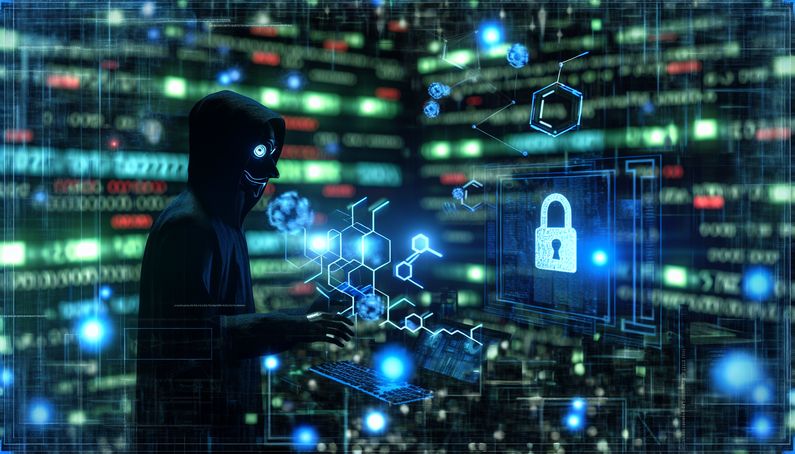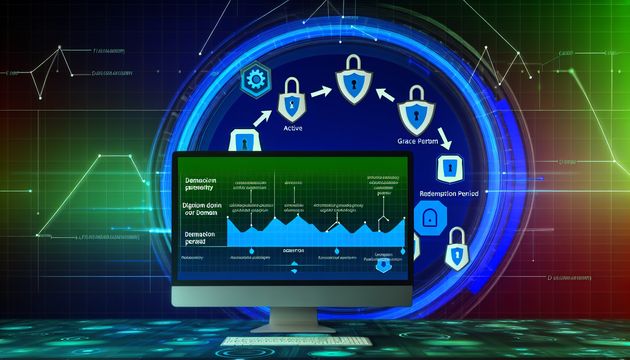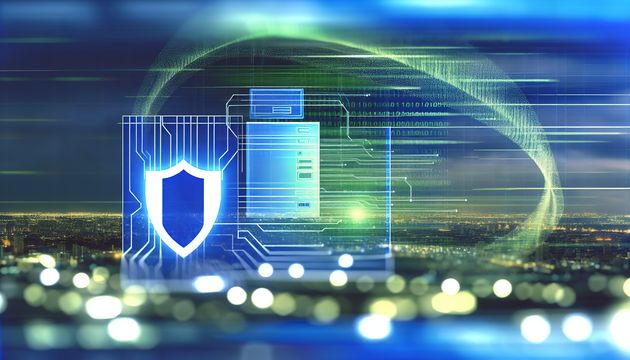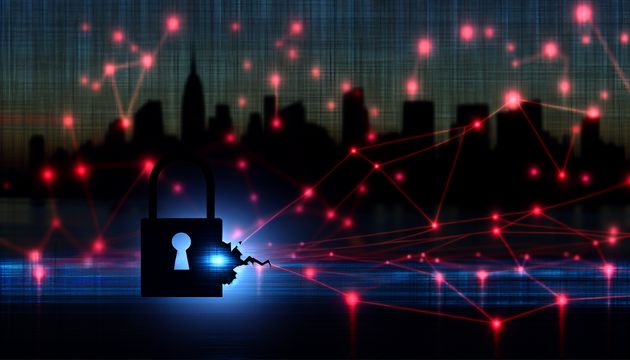
Ransomware: A Growing Threat to the Pharmaceutical Industry in 2025
In 2025, ransomware attacks are increasingly targeting industries worldwide, with pharmaceutical companies like Inotiv facing significant risks. Cybercriminals are now using AI-driven techniques to deliver ransomware, allowing them to bypass traditional security systems and adapt their attacks in real-time (CyberProof). This advanced approach is further amplified by the Ransomware-as-a-Service (RaaS) model, which operates like a business, expanding the threat beyond large enterprises to include supply chains and smaller businesses (UNDERCODE NEWS). For pharmaceutical firms, the stakes are high due to their dependence on critical data and electronic health records, making them prime targets for ransomware groups seeking hefty payouts (ACSMI).
Broader Context and Industry Trends
Evolution of Ransomware Tactics
In 2025, ransomware tactics have become more sophisticated, with attackers using AI to bypass security measures and adapt attacks dynamically (CyberProof). These methods allow for real-time reconnaissance, increasing the likelihood of successful attacks. Additionally, ransomware groups are leveraging geopolitical tensions to target critical infrastructure and demand large ransoms (ACSMI).
Ransomware-as-a-Service (RaaS) Model
The RaaS model has become popular, enabling cybercriminals to operate like organized businesses. Affiliates execute attacks for a share of the profits, leading to frequent incidents (UNDERCODE NEWS). This model has broadened the threat landscape, affecting supply chains and smaller businesses, and increasing the number of active ransomware groups like Qilin and Beast (DeepStrike).
Financial Impact on Pharmaceutical Firms
Ransomware attacks can financially devastate pharmaceutical companies like Inotiv. Recovery costs, including ransom payments and data restoration, can cripple smaller firms. The average recovery cost is $10.1 million, with some reaching $67 million (PharmaNow). These costs are compounded by potential data loss, intellectual property theft, and regulatory penalties, affecting long-term operations and reputation.
Industry-Specific Vulnerabilities
Pharmaceutical companies face unique vulnerabilities due to their reliance on critical data and electronic health records (EHRs). Encrypting these systems can halt operations, delaying patient care (Aksi). The global nature of the industry makes it a high-stakes target for cybercriminals aiming to cause widespread disruption (Progressive). Weak cybersecurity strategies and limited budgets further exacerbate these vulnerabilities.
Regulatory and Legal Challenges
Ransomware attacks on pharmaceutical firms present significant regulatory and legal challenges. Data exposure and intellectual property theft can lead to penalties and legal action. Navigating complex regulations across jurisdictions complicates recovery and increases costs (PharmaNow). Reputational damage can also impact patient trust and lead to legal action from dissatisfied patients (Aksi).
Emerging Defense Strategies
Pharmaceutical firms are adopting new defense strategies to protect their digital assets. These include investing in AI-driven security solutions, enhancing employee training, and implementing multi-layered security measures (CyberProof). Companies are also collaborating with industry partners and law enforcement to share threat intelligence and develop coordinated responses (Check Point Research).
The Role of Cyber Insurance
Cyber insurance is now a crucial part of risk management for pharmaceutical firms like Inotiv. Policies cover recovery costs, legal fees, and potential ransom payments. However, the rise in ransomware incidents has led to higher premiums and stricter requirements (Asgard CyberSec). Companies must ensure their coverage aligns with their risk profile and provides adequate protection.
Future Outlook
The future of ransomware in the pharmaceutical industry remains challenging, with attacks expected to increase in frequency and sophistication. As cybercriminals innovate, pharmaceutical firms must stay vigilant and proactive in their cybersecurity efforts. This includes investing in advanced technologies, fostering a culture of cybersecurity awareness, and collaborating with industry partners (DeepStrike). By staying ahead, companies like Inotiv can better protect themselves and ensure operational continuity.
Final Thoughts
The impact of ransomware on pharmaceutical firms like Inotiv highlights the urgent need for robust cybersecurity measures. As tactics evolve, companies must invest in advanced technologies and foster a culture of cybersecurity awareness. The financial burden of recovery, along with potential regulatory penalties and reputational damage, underscores the importance of proactive defense strategies (PharmaNow). Collaboration with industry partners and law enforcement to share threat intelligence is crucial in staying ahead of cybercriminals (Check Point Research). By embracing these strategies, pharmaceutical firms can better safeguard their operations against growing ransomware threats.
References
- CyberProof. (2025). Mid-year threat landscape report: Top ransomware trends, TTPs, and defense strategies for 2025. https://www.cyberproof.com/blog/mid-year-threat-landscape-report-top-ransomware-trends-ttps-and-defense-strategies-for-2025/
- ACSMI. (2025). State of ransomware 2025: Original threat analysis & industry impact. https://acsmiorg/blogs/state-of-ransomware-2025-original-threat-analysis-amp-industry-impact
- UNDERCODE NEWS. (2025). Beast & Qilin ransomware groups strike: Outdoor school and Inotiv Inc targeted. https://undercodenews.com/beast-qilin-ransomware-groups-strike-outdoor-school-and-inotiv-inc-targeted/
- PharmaNow. (2025). Cybersecurity challenges in pharma 2025. https://www.pharmanow.live/knowledge-hub/market-trends/cybersecurity-challenges-pharma-2025
- Check Point Research. (2025). The state of ransomware Q2 2025. https://research.checkpoint.com/2025/the-state-of-ransomware-q2-2025/



